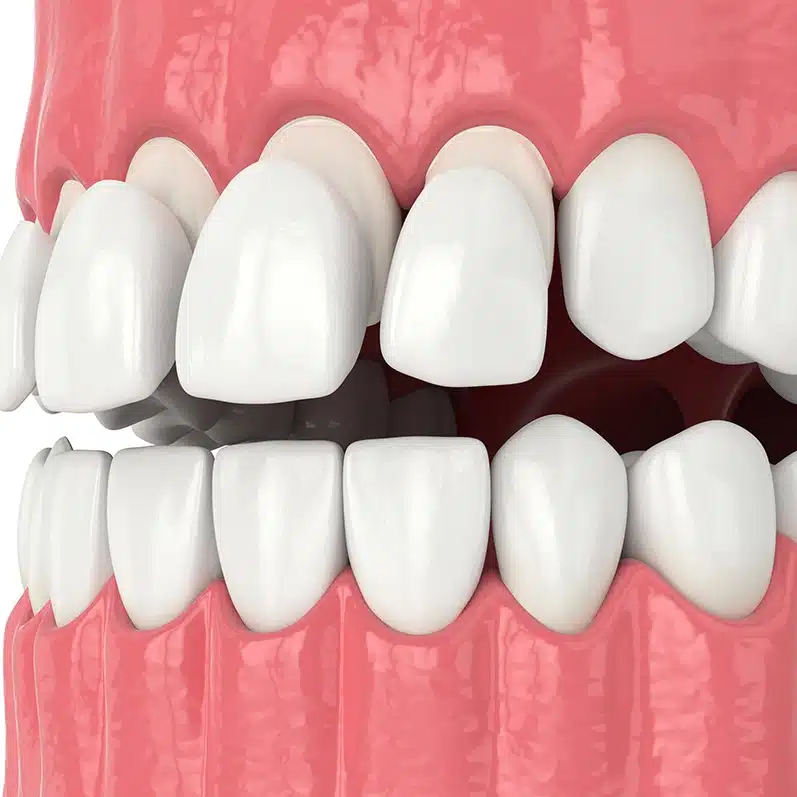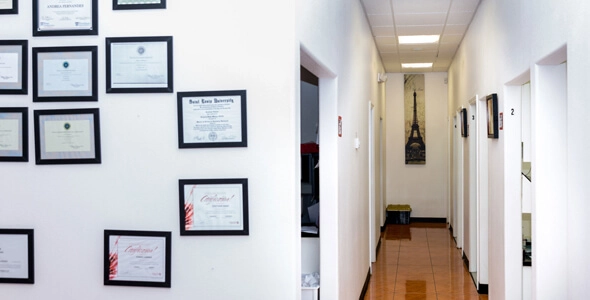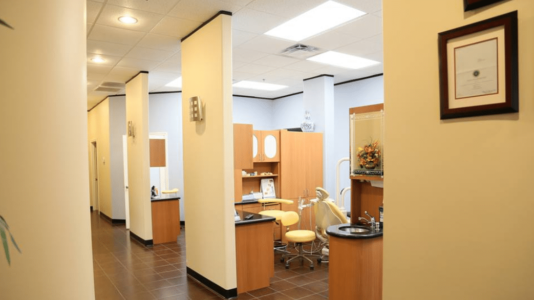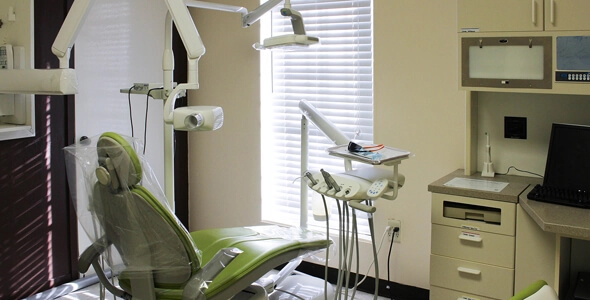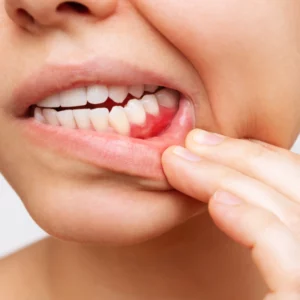Veneers are thin shells crafted to enhance the aesthetic appeal of teeth, which boast an average lifespan of 10 to 15 years. This range, however, is subject to various factors that can either extend or shorten the longevity of these cosmetic wonders.
Factors Influencing Longevity of Veneers
Material Matters
The choice of material significantly impacts the lifespan of veneers. Porcelain veneers, known for their durability and stain resistance, often outlast their composite resin counterparts.
Oral Hygiene Habits
Good oral hygiene practices play a pivotal role. Regular brushing, flossing, and routine dental check-ups help prevent issues that could compromise the integrity of veneers.
Lifestyle Choices
Habits such as teeth grinding, nail-biting, and chewing on hard objects can contribute to the wear and tear of veneers. Lifestyle choices directly influence how long veneers maintain their pristine condition.
Dietary Considerations
Certain dietary choices, especially those involving acidic or staining substances, can impact the appearance and longevity of veneers. Maintaining a tooth-friendly diet is key.
Signs That Your Dental Veneers Might Need Replacement
Visible Damage
Cracks, chips, or noticeable damage to veneers are clear indicators that replacement might be necessary. Ignoring visible issues can lead to further complications.
Persistent Discoloration
While veneers are resistant to stains, persistent discoloration may occur over time. If professional cleaning doesn’t restore their vibrancy, it may be time to consider replacement.
Changes in Bite or Speech
Any alterations in your bite or speech patterns may signal a need for reassessment. Veneers are designed to integrate seamlessly; discomfort or changes could indicate an issue.
Extending The Lifespan Of Veneers
Regular Dental Check-ups: Schedule routine dental check-ups to monitor the condition of your veneers and address any concerns promptly.
Effective Oral Hygiene: Adopt a thorough oral hygiene routine, including brushing, flossing, and using a non-abrasive toothpaste to maintain the health of both natural teeth and veneers.
Protective Mouthguard for Grinding: If you have a tendency to grind your teeth, especially at night, wearing a protective mouthguard can prevent unnecessary stress on your veneers.
Frequently Asked Questions
Can veneers be replaced before the end of their average lifespan?
Yes, veneers can be replaced earlier if there are visible issues or changes in the patient’s aesthetic preferences. Replacement decisions are often based on individual circumstances.
How does the choice of material impact the longevity of veneers?
Porcelain veneers are known for their durability and stain resistance, often lasting longer than composite resin veneers. The choice of material is a critical factor in determining veneer longevity.
Do veneers require special care to maximize their lifespan?
While veneers do not require extraordinary care, maintaining good oral hygiene practices, avoiding harmful habits, and adopting a tooth-friendly diet can significantly contribute to their longevity.



